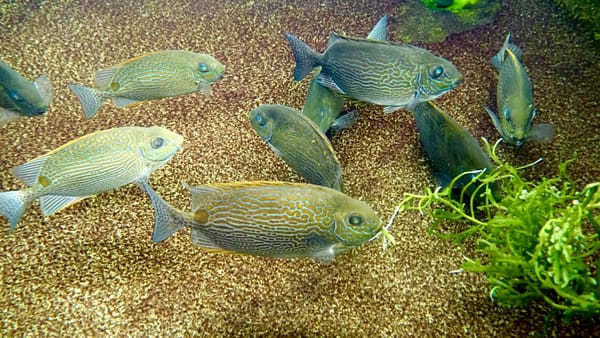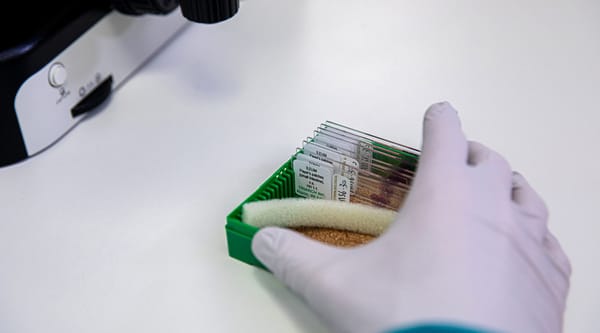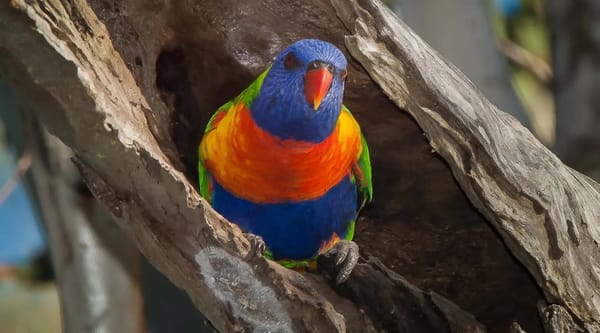Researchers uncover surprising health risks of plastic ingestion for seabirds
A team of researchers have discovered the surprising health effects of plastic ingestion on the organs and brains of Australian seabird chicks.

First published by Charles Sturt University
A Gulbali Institute researcher is part of a team conducting a study into the effects of plastic ingestion on seabirds - and the results might shock you.
- Gulbali Institute researcher conducts study on plastic ingestion effects on seabirds
- Research shows ingestion can cause cell damage, organ dysfunction and brain effects
- The research is now featured online on the Science Advances website
A team of researchers have discovered the surprising health effects of plastic ingestion on the organs and brains of Australian seabird chicks.
Dr Jennifer Lavers is a researcher with Charles Sturt’s Gulbali Institute for Agriculture, Water and Environment and recently had a paper published online with Science Advances.

Dr Lavers also coordinates Adrift Lab, where researchers study all things ‘adrift’ in the ocean, including plastics, chemicals and wildlife. This research was conducted in conjunction with Adrift Lab.
Dr Lavers used protein analysis techniques, more commonly used in medical research, to study Sable Shearwaters with different levels of plastic exposure.
The results revealed that plastic ingestion affects multiple organs and disrupts brain health.
“Plastic ingestion isn't just a digestive issue – it disrupts multiple organs and even affects brain health,” Dr Lavers said.
“Birds that had eaten even small amounts of plastic showed clear signs of cell damage, organ dysfunction and even early signs of neurodegeneration, similar to diseases like Alzheimer's in humans.”
Traditional methods of assessing wildlife health, such as measuring body weight, were found to be ineffective so protein analysis was conducted instead.
It showed plastic exposure causes:
- Cell damage – proteins that should be inside cells were found in the bloodstream indicating cell breakdown
- Organ dysfunction – the stomach, liver and kidneys showed signs of malfunction
- Brain effects – markers of brain injury were present, which could impair cognitive functions necessary for survival and reproduction
“This research highlights the need for more advanced approaches to studying the effects of plastic pollution,” she said.
“It suggests that plastic waste is far more harmful to wildlife than previously thought, with consequences that extend beyond digestion to the entire body, including the brain.”




